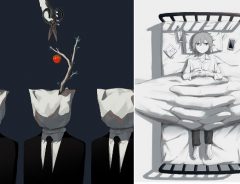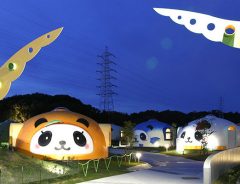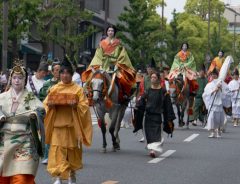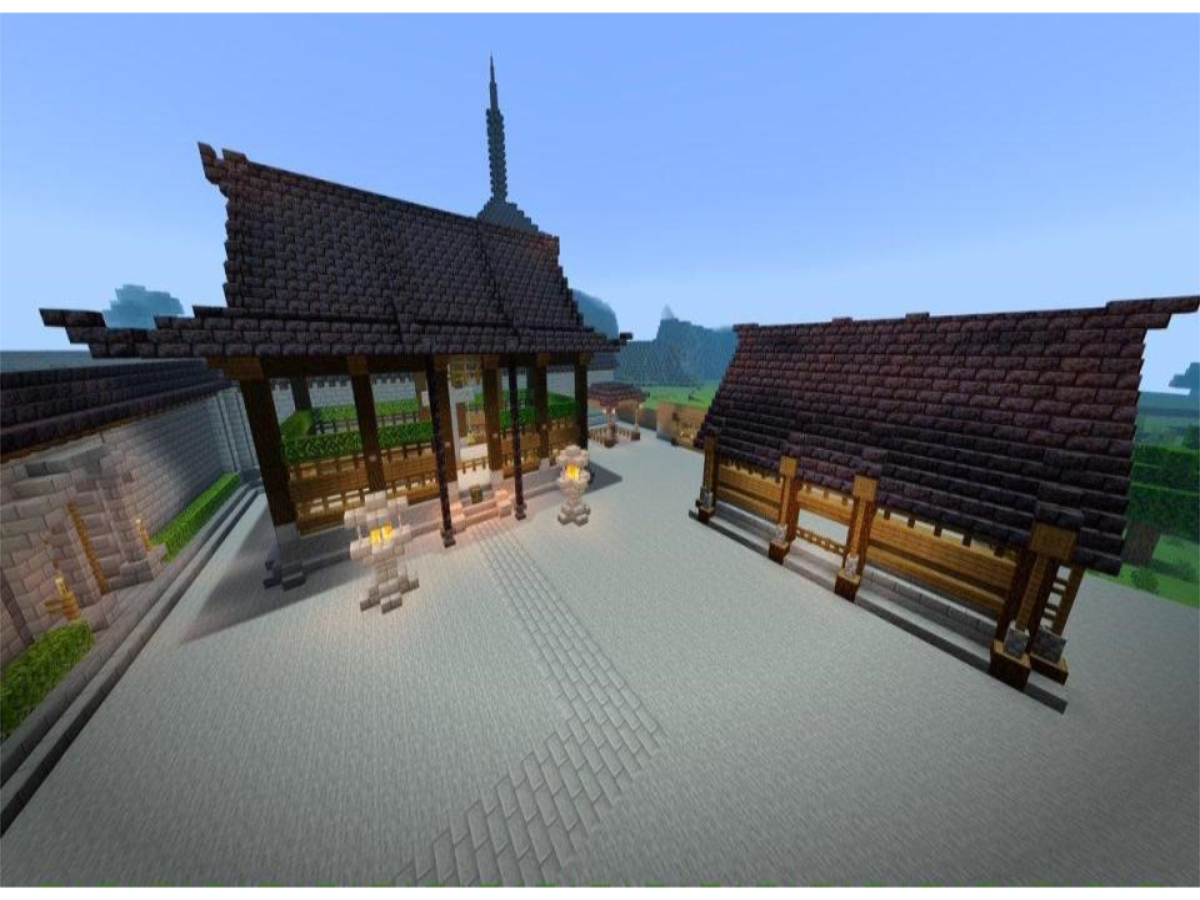- Tags:
- coronavirus / Japan / Kansai / Minecraft
Related Article
-

[Part 2] Japanese Artist’s Dark, Deep And Powerful Illustrations Will Definitely Make You Think
-

Japanese consumers show signs of lockdown fatigue as the outbreak enters the fall [manga]
-

Book Your Next Trip At The Adorable Panda Village In Wakayama Prefecture
-

Ministers pray for the end of COVID-19 at empty Aoi Festival
-

Bandai unsheathes Demon Slayer character PC and fashion eyeglasses
-

Try Gold Leaf-Covered Matcha Gelatos For A Lavish Spin To Your Usual Ice Cream Cone



They say there is a silver lining behind every cloud.
Although 2020 has been one of the worst years in living memory, with COVID-19 nearly bringing the world to a complete spot, people have found ways to survive and thrive despite the difficulties, sorrow and pain brought along with the virus.
As the wave of infection rates has risen and fallen, waves of innovation have soared. Ideas have seeded and grown. Life has gone on, but not as we know it.
The virus has led to a number of difficulties.
If it is at all possible to look past the mortality rates, we discover a seemingly endless pile of problems. The strangulation of healthcare services, pauses in world economy, business closures, countries shut off, some of the highest rates of unemployment ever seen, cancelled trips, hugging bans, awkward social situations and increased mental and bodily health issues are just the tip of the iceberg.
With so much negativity plaguing the world, it seems so easy to give up. But we can’t, and we won’t.
One school in Chiba prefecture hasn’t let the virus get in the way of their year.
When the virus threatened the possibility of a school trip, Reitaku Junior and Senior High School put their heads together and came up with an ingenious way for students to continue learning through exploration and interaction, without risking the spread of COVID-19.
Originally pupils were planning to visit Ise, Nara and Kyoto as part of a Kansai study trip to learn about Japanese culture and history. However, due to the outbreak and influence of the virus, the school made the tough decision to cancel the trip in July. After considering and casting aside alternative locations for the trip, the school took a U-turn and decided that they would once again visit the Kansai region, but this time, through a different means of travel – The trip would be entirely conducted through popular video game; Minecraft.
Though suggested by the students, the idea has been backed by teachers of the school who value both the fun and educational benefits of the game. Through use of the game, students will gain an introduction to computer and game programming education. Minecraft will also allow students to develop their spatial recognition abilities, which is a frequent requirement in both mathematics and sports. Finally, the game will help students to learn and hone communication skills through collaborative learning with their friends.
During the ‘trip’, students will build and recreate the details of the historic monuments of Ise, Nara and Kyoto that they would have visited if they had gone ahead as originally planned.
Not long ago, some would have argued that video games did not have a place in education, but it seems times have changed, as this trip in virtual reality proves a good alternative to a physical one.